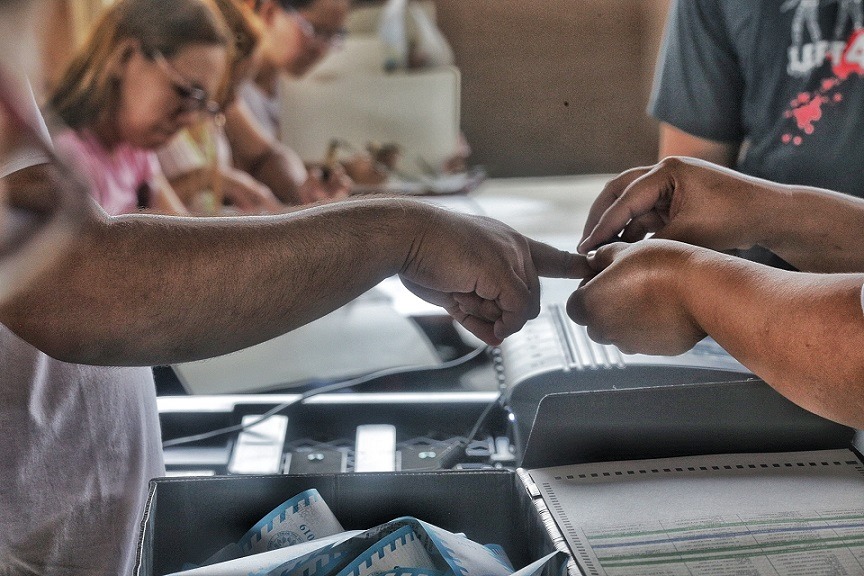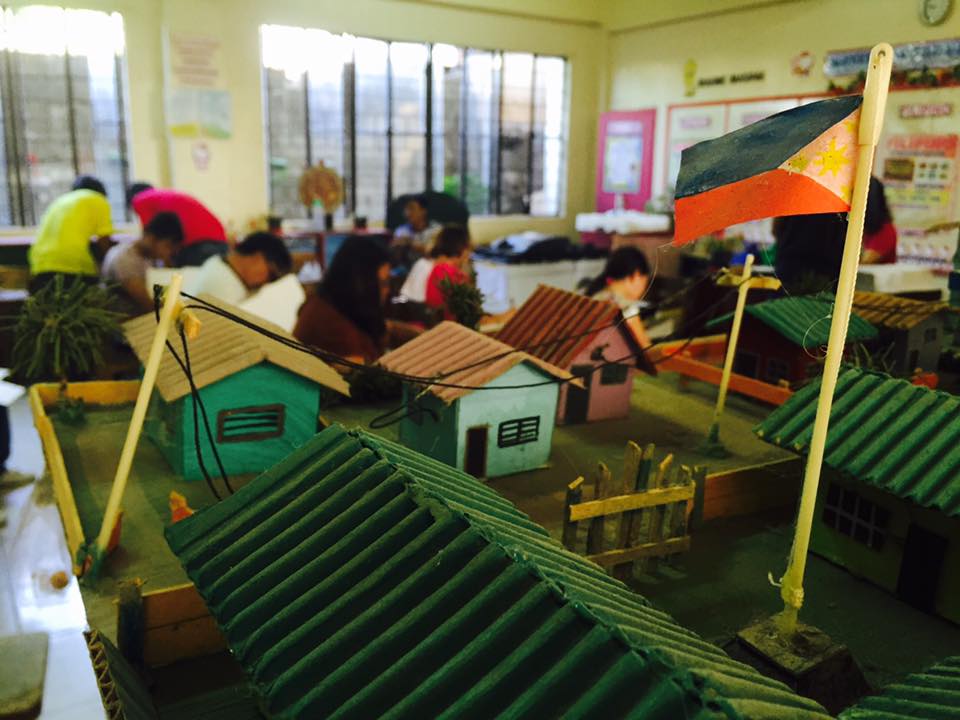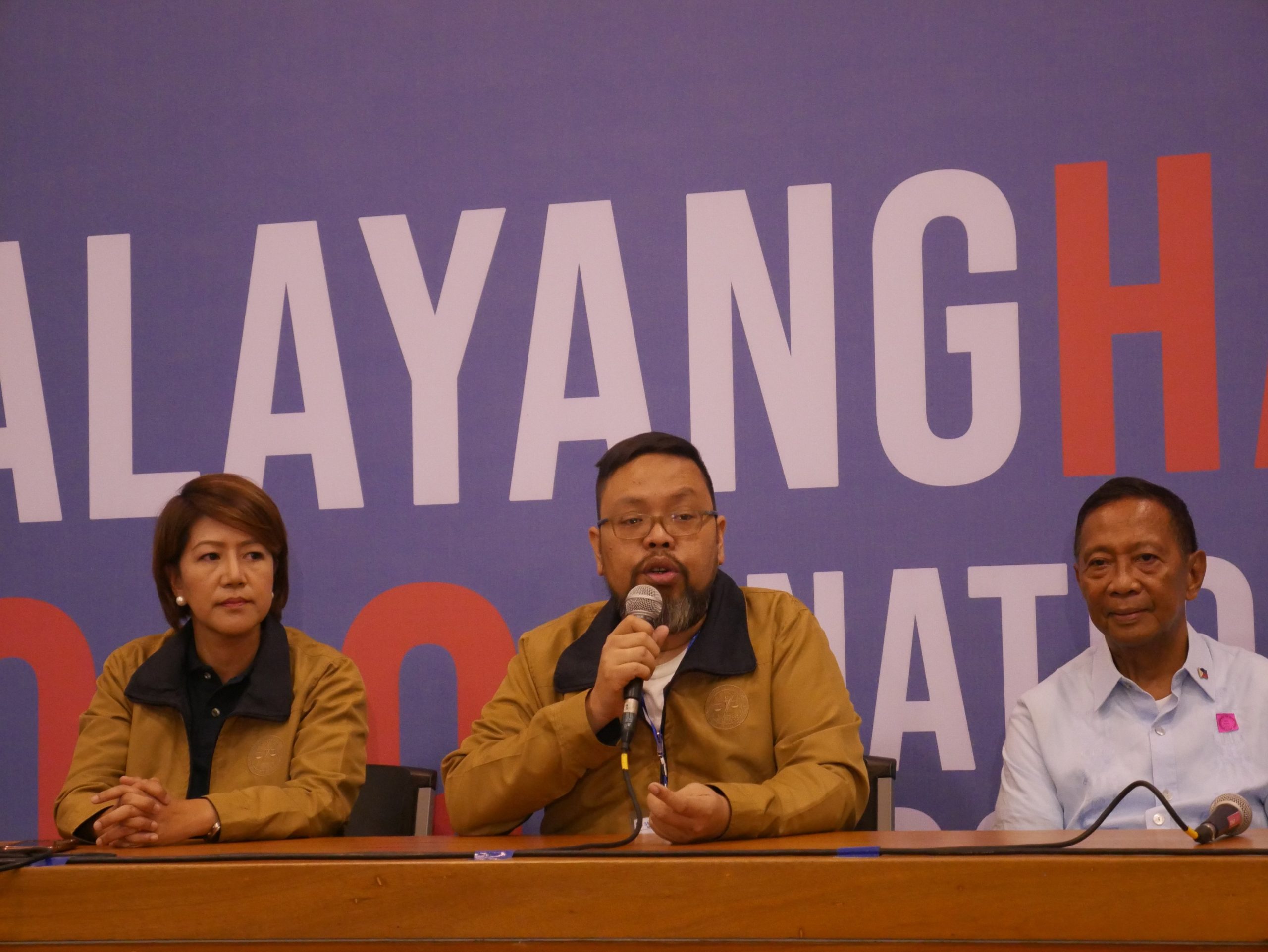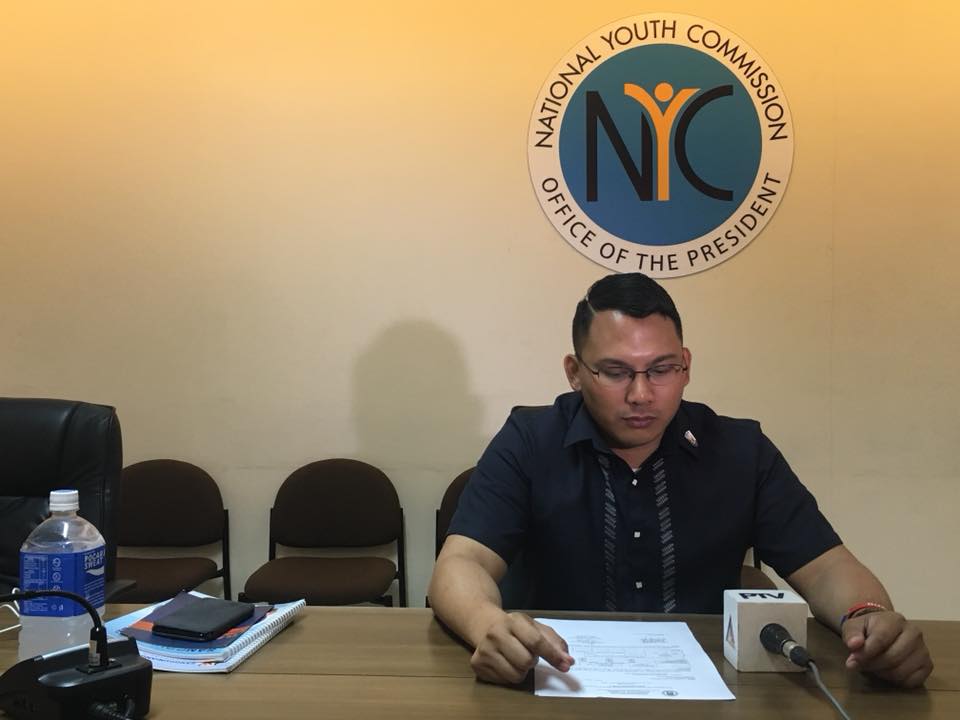Voting across the Philippines ended amid complaints of malfunctioning machines, missing names and reports of vote-buying but overall the Commission on Elections (Comelec) said the political exercise was successful.
The canvassing of votes cast by millions of Filipinos in Monday’s mid-term elections is scheduled to start tomorrow, May 14.
“We think that it is generally successful,” Comelec spokesperson James Jimenez told reporters while acknowledging difficulties after about 400 counting machines (VCMs) had to be replaced due to technical glitches.
“There are some problems that have cropped up that we are addressing. I think that is the important takeaway here. These elections might be a little problematic because of the issues that we are encountering,” Jimenez said.
“But we are resolving these issues. And that’s, I think, the main point,” he added.
The number of malfunctioning machines is a small fraction compared to the total number of over 85,700 nationwide, officials said. But the incidence of glitches is higher than the 125 cases reported in the 2016 elections, they added.
One of the glitches involved the VCM at the polling precinct where former vice-president Jejomar Binay was unable to cast his vote early morning Monday. But this was resolved after the machine was replaced.
“The machine has been replaced so what we will do is to gather the rejected ballots, including that of VP Binay, and re-feed them into the new machine,” Jimenez told reporters shortly after the incident that prompted Binay to rush to the poll body to complain.
A similar case happened to Agriculture Secretary Emmanuel Piñol, who was given a second ballot after the first one was rejected by the machine in a polling precinct in Kidapawan City Cotabato province, according to a television station report.
In other precincts across the country, there were complaints of missing names in voters’ lists, confusion over the polling places and insufficient information and support for people with disabilities (PWDs) and pregnant women, some of whom had to climb a flight of stairs in order to cast their votes.
One of them was 24-year-old Mary Ann Crisostomo, eight months pregnant. She had to climb the stairs to get to her precinct on the second floor of Batasan Hills National High School because she was unaware that pregnant women can avail of emergency accessible polling places (EAPP) located on the ground floor.
She opted out of using the EAPP because she already lined up for half an hour. “I was not told that there was such a set-up. I didn’t know.”
Pining Costello Gacgacao, 75, arrived at Fort Bonifacio High School in Makati City at around 4 p.m, only to find out that the EAPPs for senior citizens like her had already closed two hours before.
“My feet are aching. I can no longer walk properly,” she complained and questioned why there are shorter hours for the emergency polling place.
Kenneth Donilo, EAPP support staff, said the closing of EAPPs at 2 p.m. is governed by the Comelec’s instructions.
The national and local elections were also marred by reports of vote-buying and scattered incidents of violence, according to police.
Philippine National Police (PNP) chief General Oscar Albayalde said his office has received reports of vote-buying “left and right” around the country ahead of Monday’s elections. The PNP has arrested 230 persons in connection with this election violation since the start of the election period last January, he said in a news conference.
A case related to vote-buying saw the arrest of Quezon City mayoralty candidate Vincent ‘Bingbong’ Crisologo, his son and 44 election watchers on the eve of elections.
Crisologo, an incumbent congressman, was taken in by the police along with his son and ae facing complaints of obstruction of justice, unjust vexation, disobedience and resisting arrest resulting in physical injury and grave coercion after he resisted arrest following a police anti-vote buying operation on May 10.
Crisologo was released on Monday and the poll body said it will wait for the results of the police investigation into his case.
Vote-buying and selling are election violations and those found guilty face imprisonment, lose their right to vote and are disqualified from holding public office.
The police also reported two explosions outside the city hall in Cotabato City and near a municipal hall in Maguindanao province hours before the polls opened, but said nobody was injured in the unrelated incidents, according to television reports.
More than 160,000 policemen have been deployed around the Philippines to prevent election-related crime.
Meanwhile, disinformation about candidates and the elections continued to spread on social media.
A Facebook post claiming that the Comelec has disqualified six party-list groups for allegedly taking part in a plot to bring down the government was one of them.
The The Makabayan bloc of progressive party-lists has branded the report as fake news.
A petition calling for the disqualification of these groups — Bayan Muna, Anak Bayan, Anak Pawis, Act-Teachers, Gabriela and Kabataan Partylist – had not been acted upon by the poll body. – VJ Bacungan, Ivel Santos, Klaire Ting, Lucille Sodipe, Celine Isabelle Samson, Meeko Angela Camba, Maria Feona Imperial, Chi Liquicia and Ellen Tordesillas





